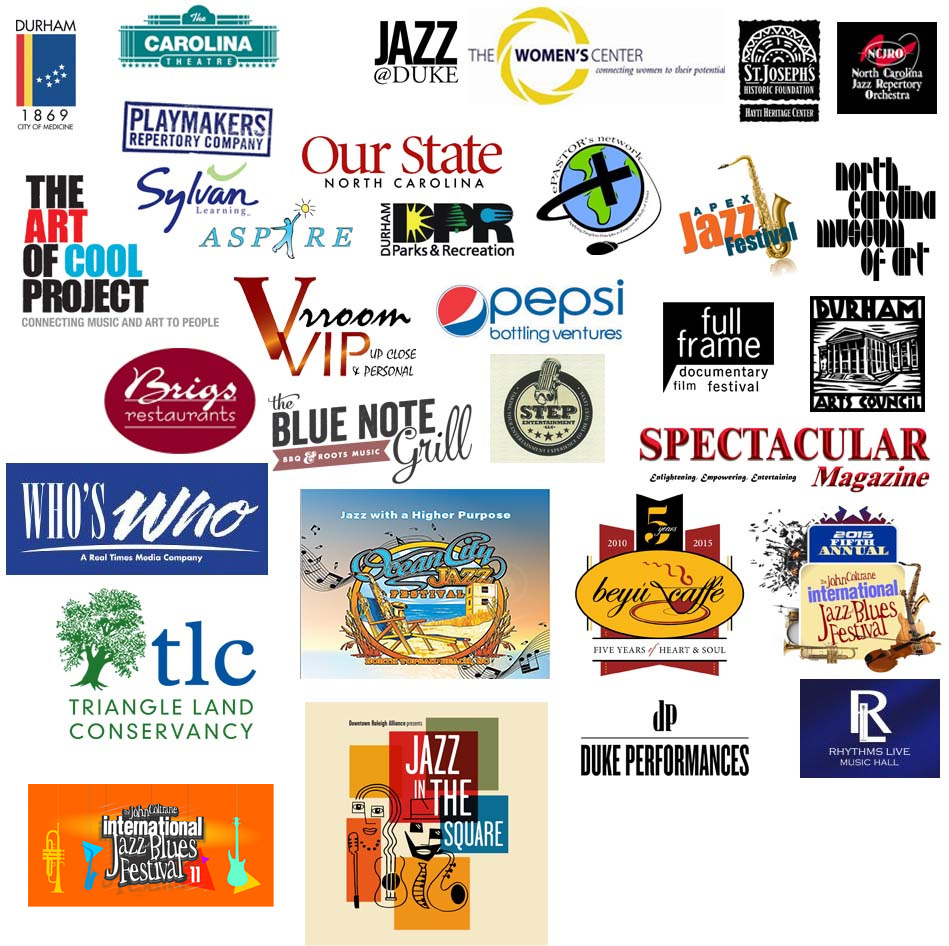North Carolina Highway Historical Marker Salutes Romare Bearden Aug. 30
 CHARLOTTE, N.C. — A leading member of the Harlem Renaissance artists in the 1960s, Romare Bearden was born in Charlotte, but moved to New York with his family when he was 4-years-old. Many of his collages and paintings were drawn from memories of his home state. Bearden will be remembered by his home state with a N.C. Highway Historical marker, which will be dedicated Aug. 30, at 4 p.m., at Mint Street and Martin Luther King Boulevard in Charlotte.
CHARLOTTE, N.C. — A leading member of the Harlem Renaissance artists in the 1960s, Romare Bearden was born in Charlotte, but moved to New York with his family when he was 4-years-old. Many of his collages and paintings were drawn from memories of his home state. Bearden will be remembered by his home state with a N.C. Highway Historical marker, which will be dedicated Aug. 30, at 4 p.m., at Mint Street and Martin Luther King Boulevard in Charlotte.
Bearden graduated from New York University in 1935 and worked for the New York City Department of Social Services until 1969. After serving in the Army during World War II, he studied at the Sorbonne in Paris and also with German artist George Grosz, who greatly influenced the burgeoning artist.
By the early 1960s Bearden settled into the techniques of collage and photomontage. He practiced fracturing to bring generality to his work, which might include photographic images of African masks, animal eyes and even vegetation, for his subject’s faces. He believed that art must maintain a quality of artificiality which he achieved primarily through distortion and abstract colorization. Bearden claimed that photographs captured the essence of reality far better than an artist could hope to achieve. He was not inclined to paint about African-Americans in terms of propaganda and protest, choosing to express attitudes on the human existence instead.
Today his work is found in leading museums including the Metropolitan Museum of Art, the Whitney Museum of American Art and the Studio in Harlem, and also at the N.C. Museum of Art. His publications include “A Painter’s Mind: A Study of the Relations of Structure and Space in Painting,” with Carl Holty and “A History of African-American Artists: From 1792 to the Present,” with Harry Henderson, published posthumously.
Bearden was awarded the National Medal of Arts, the nation’s highest honor for artistic excellence, in 1987. He died in 1988, leaving a legacy of artwork and literature that forever altered African-American art. A street and park in Charlotte are named in his memory. The marker dedication is part of the dedication ceremonies for the park.
For information about the dedication, please contact the Arts and Sciences Council at (704) 335-3261. For information on the N.C. Highway Historical Marker Program, please contact (919) 807-7290. The Highway Marker program is collaboration between the N.C. Department of Transportation and the N. C. Department of Cultural Resources.

